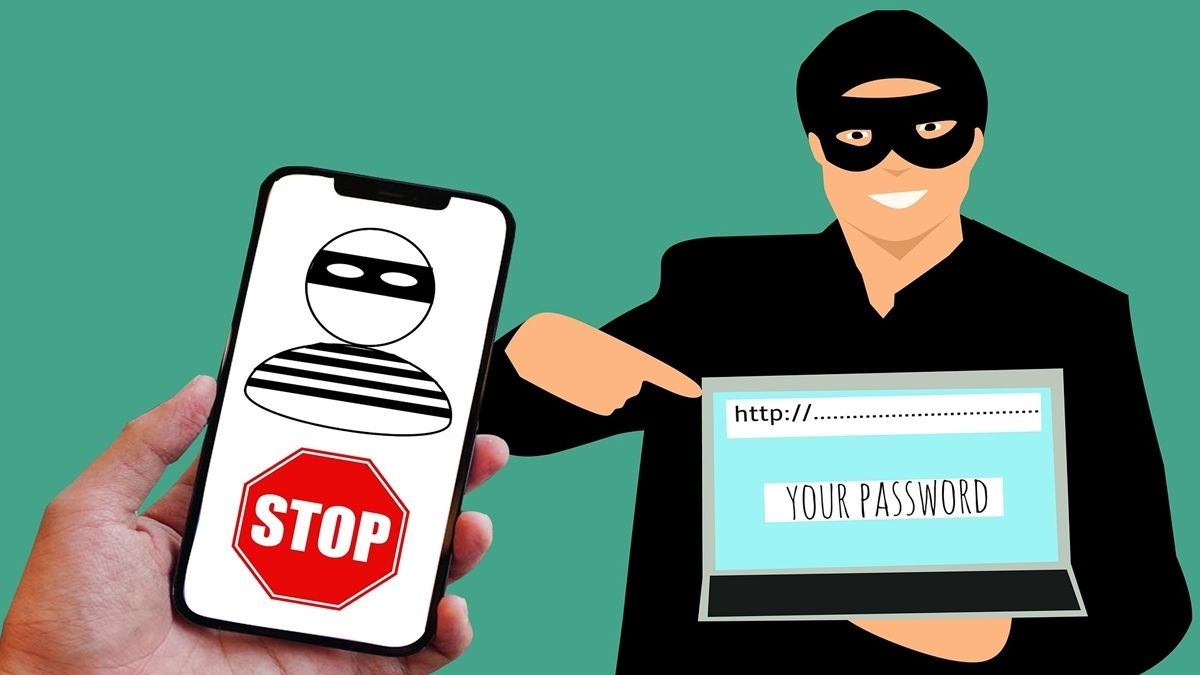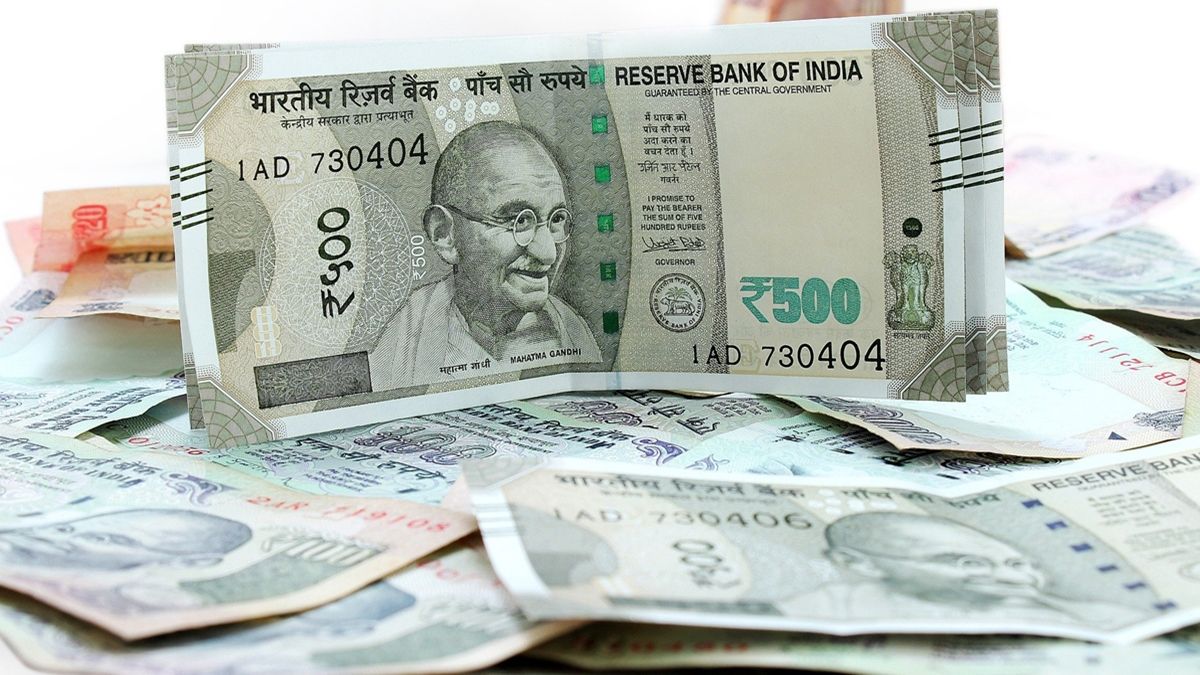PAN Card Scam Links Sent to India Post Payments Bank Account Holders:Recently, fraudulent messages are being sent to the customers of India Post Payments Bank (IPPB) having accounts in the post office in the name of updating PAN card details. It has been claimed in these messages that if the customer does not update his PAN card, his account will be blocked. This message comes with a link, if clicked, an attempt can be made to steal your personal and financial data.
What is the reality of this fake message?
Such messages have been declared fake by the fact check team of the Press Information Bureau (PIB) of the Government of India. PIB has clarified that India Post never sends such messages.
Also read: High Return Fund: Superhit scheme of HDFC Mutual Fund, gives more than 50% return on SIP and lumpsum in 1 year, invest in these stocks
What does a fake message look like?
This fake message being sent to people could be something like this:
“Dear user, your Post Office Payments Bank account has been blocked today. Please update your PAN card immediately. For this click on this link….” These messages are written in such a way that people consider them official and immediately trust them, but in reality these are ‘phishing’ messages, in which the trap of stealing important information related to you is hidden.
Also read: India 2025 Macro Outlook: The process of reducing interest rates will start in February, Rupee will remain between 85.5 to 87.5 against the dollar, what are the other predictions in the new year?
What is the meaning of phishing?
Phishing is a type of online fraud, in which fraudsters trick a person into sharing his/her sensitive information through fake messages. Through this they can also try to steal money from your accounts or put viruses in your device.
Also read: Tax Planning in 2025: Want to reduce tax liability in the new year? Your work will become easier with these 6 measures
How to avoid this kind of fraud?
Post Office Payments Bank has given some tips on social media, which will help you stay safe while using digital banking.
What to do (DO’s)
-
Be alert: Read the entire content of the email or message carefully, do not trust the sender’s name alone.
-
Check the link: Before clicking on any link, confirm its validity. Also check that ‘https’ is given at the beginning of the URL.
-
Pay attention to the language of the message: Grammatical mistakes, informal language and inaccurate messages can lead to fake messages.
-
Use Antivirus: Always keep updated antivirus software installed in your device.
-
Avoid public Wi-Fi: Avoid sharing banking related or personal information on public networks.
What not to do (DON’Ts)
-
Don’t click on stranger links: Never open links given in unknown text messages.
-
Don’t share personal information: Banks or any legal institution never send you messages asking you to share personal information.
-
Do not respond to fake calls or messages and Avoid lotteries or false promises of prizes.
-
Avoid unsecured networks: Always use a secure network while using internet banking.
Also read: January 2025 Market Outlook: Will the trend of 3 months of decline be broken in January? Nifty’s 20 year data indicates what else the report is telling
Claim: The customer’s India Post Payments bank account will be blocked within 24 hours if their Pan card is not updated. #PIBFactCheck,
❌This claim is #Fake
@IndiaPostOffice never sends any such messages
➡️ Never share your personal & bank details with anyone pic.twitter.com/B7CEdp0g2f
— PIB Fact Check (@PIBFactCheck) January 4, 2025
IPPB’s message: Be alert, do smart banking
Post Office Payments Bank has shared several tips to make digital banking secure:
-
Monitor your accounts regularly.
-
Avoid fake customer care numbers.
-
Do not open unknown email attachments or links.
Also read: Mutual Fund Portfolio For 2025: Fix your mutual fund portfolio in the new year, never forget these 7 things
Fake messages being sent to Post Office Payments Bank customers in the name of updating PAN card can put a dent in your hard-earned money. To avoid this type of fraud, vigilance and caution are necessary. Always check the validity of any suspicious link or message before responding to it.







